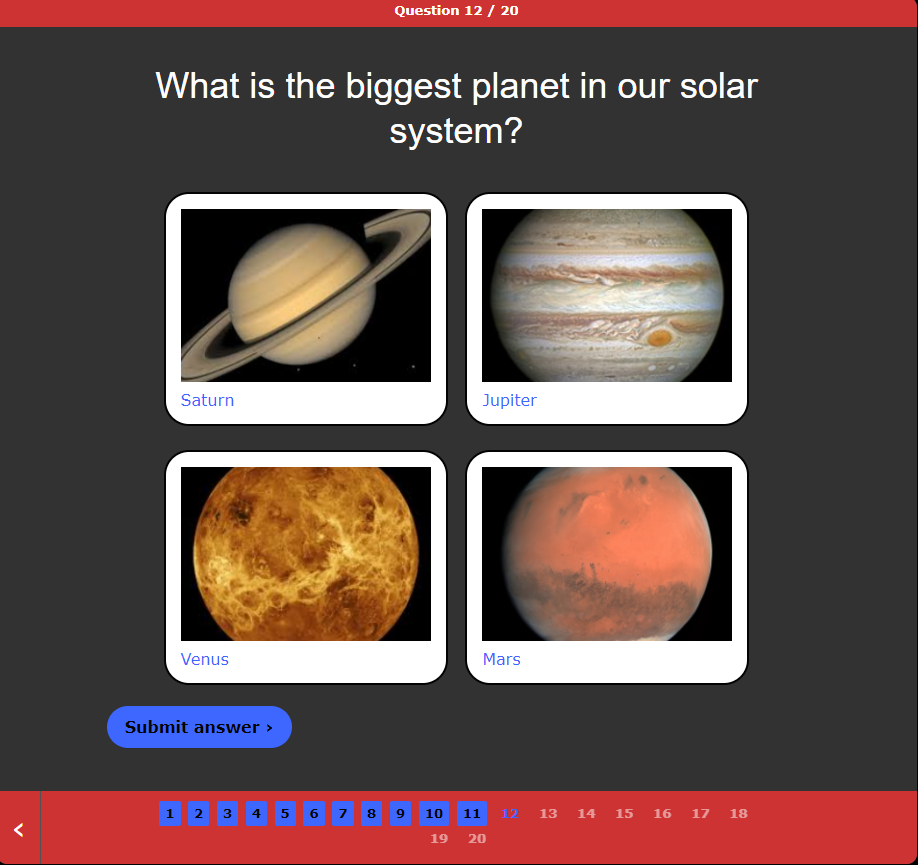Multiple choice questions are a common type of assessment used in education and testing. They provide a structured way to test a student’s knowledge and understanding of a topic. There are several different types of multiple choice questions that can be used to assess different levels of learning and critical thinking skills.
In this article, we will explore 10 types of multiple choice questions that can be used in various educational settings to assess student learning.
1. True/False Questions
True/false questions require students to determine whether a statement is true or false. These questions are straightforward and can be used to test basic knowledge and understanding of a topic.
2. Multiple Choice Questions
Traditional multiple choice questions present a question or statement with several possible answers. Students must select the correct answer from the options provided. These questions can range from simple recall to more complex critical thinking.
3. Matching Questions
Matching questions require students to match items in one column with items in another column. This type of question is useful for testing students’ ability to make connections between related concepts.
4. Multiple Response Questions
Multiple response questions present a question with several possible answers, but more than one answer may be correct. Students must select all of the correct answers to receive full credit.
5. Fill in the Blank Questions
Fill in the blank questions require students to provide a missing word or phrase to complete a sentence or statement. These questions test students’ ability to recall specific information.
6. Ordering Questions
Ordering questions require students to arrange items or steps in a logical sequence. This type of question is useful for testing students’ understanding of processes or procedures.
7. Picture-based Questions
Picture-based questions present an image or diagram that students must analyze to answer a question. These questions can test students’ ability to interpret visual information.
8. Scenario-based Questions
Scenario-based questions present a real-world situation that students must respond to. These questions test students’ ability to apply their knowledge and problem-solving skills in practical contexts.
9. Negative Questions
Negative questions present a statement with a negative word (e.g., not, never) that students must interpret correctly to select the correct answer. These questions can test students’ attention to detail and critical thinking skills.
10. Contextual Questions
Contextual questions present a question or statement within a specific context or scenario. Students must consider the context provided to select the correct answer. These questions test students’ ability to apply their knowledge in different contexts.
In conclusion, there are various types of multiple choice questions that can be used to assess student learning in different ways. Educators can choose the type of question that best aligns with their learning objectives and the level of critical thinking they want to assess in their students.
